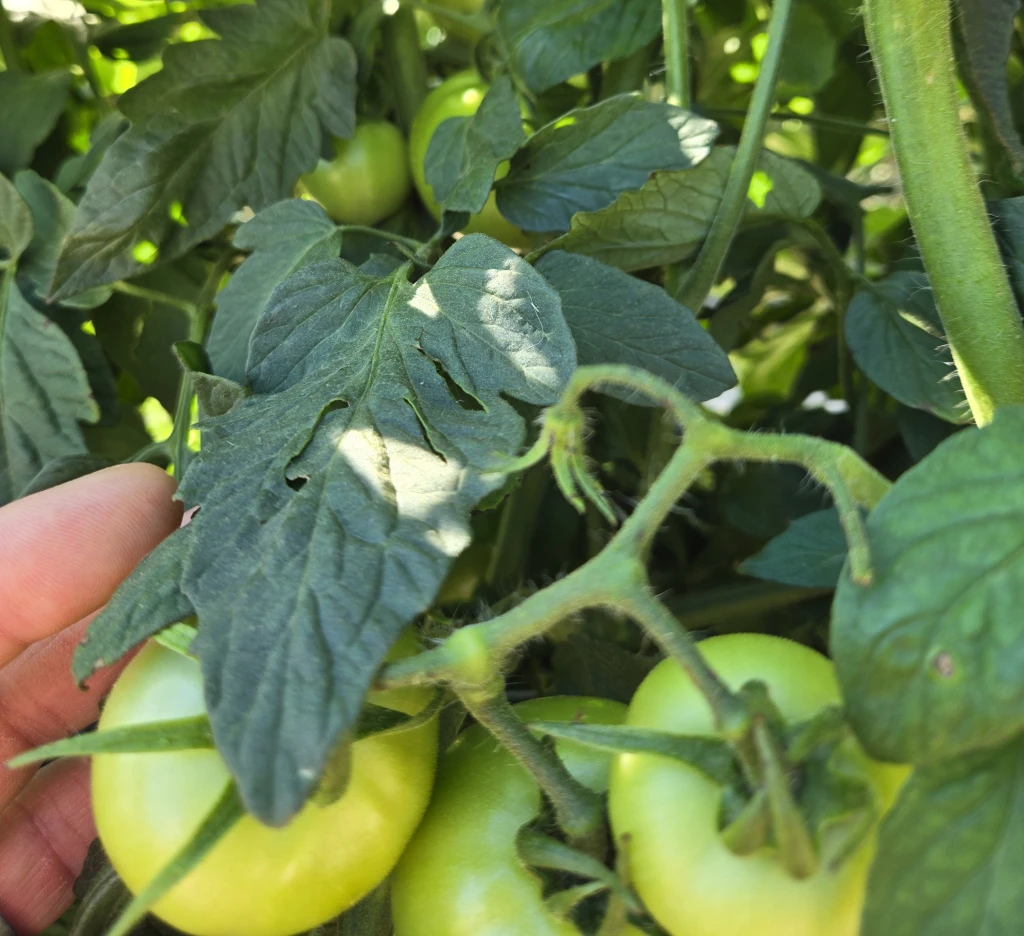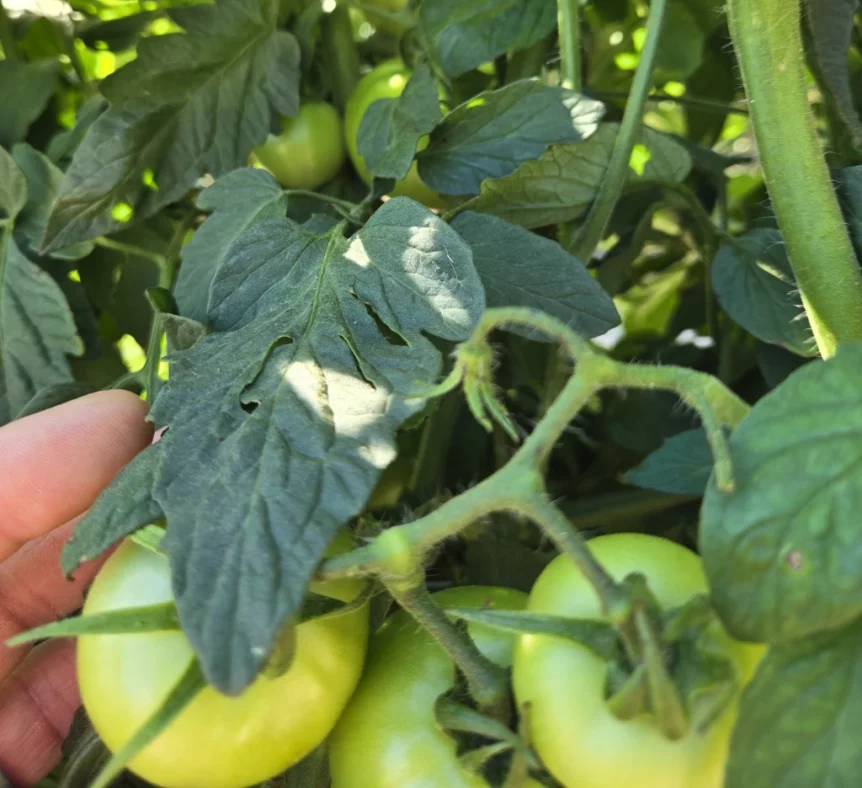
Weekly Field Update
Clemson Extension agents provide updates in The South Carolina Grower this week about the status of various crops being produced throughout the state.
Statewide
Tony Keinath, Extension Plant Pathologist
- Likely due to the hot, dry weather, powdery mildew (PM) was reported this week on watermelons at Edisto REC. Note that unmanaged PM will reduce watermelon yields. View information on powdery mildew and management recommendations for watermelons here.
Lacy Barnette and Jhessye Moore-Thomas, Climate-Smart Grown in SC
- We’ve come to the end of year one of the project and are preparing for year two re-enrollment.
- The remaining kale and turnips in the fields are still looking good.
- Some producers have started planting warm season cover crops for the summer ahead of their fall leafy greens.
- Planning for trainings and workshops to provide further technical assistance for Year two is underway.
Midlands
Rob Last
- Crops in the Midlands are developing well, but we need some rain.
- Solanaceous crops are loading up with fruit. I am finding some Alternaria on tomatoes in some areas allied to bacterial wilt and Southern blight.
Bacterial spot and speck are at lower levels than usual for this time of year. - Strawberries are finished, however, some excellent blueberries and blackberries are coming to harvest.
- Cucurbits are looking good, however, I have found powdery mildew in squash with some reports in watermelons. Vivando, metrafenone, is a very effective management option.
Pee Dee
Brittney King
- We are pretty dry here in the Pee Dee. I saw crops struggling to keep up in the heat of the day last week. The upper part of the Pee Dee got a little less than half an inch yesterday, but everywhere else is still needing rain.
- Solanaceous crops are progressing well. Hot banana peppers, shishito and bell peppers are being harvested. I have seen flower thrips in tomato and pepper flowers, with some damage caused to the fruit as well. Western flower thrips populations are important to be aware of in your fields since they can transmit the Tomato Spotted Wilt Virus, leading to immature plant death before fruiting. Virus-resistant plants are the best way to limit the spread of the virus, because there are limited insecticides that are effective on thrips, and reflective mulch will only help to repel thrips and suppress transmission. Spinosyns have been effective at providing control but have been shown to have resistance in certain areas, limiting their effective use. Pyrethroids and neonicotinoids should be avoided since they can flare thrips populations.
- Okra is still being planted, and fields that were planted a little early could have a harvest in the next few weeks.
- Squash and zucchini are looking great and are being harvested at good volumes. Squash bugs continue to be an issue. I am seeing lots of eggs and nymphs at this time in the season. Assail (acetamiprid) is effective against the egg and nymph stages and has a 0-day PHI.
Upstate
Andy Rollins
- Vegetable crops looking good across Upstate.
- We’re beginning to harvest cucumber, and have been harvesting squash and zucchini for weeks. We’re finding some spotted cucumber beetle, but none of the associated bacterial wilt. No powdery or downy mildew to speak of at this point.
- Tomato harvest hasn’t started, at least not in the larger plantings. We are having some root and crown issues in tomatoes made worse by the excessive rain.
- Many strawberry growers are continuing to harvest to make do with a shorter than normal crop. We believe it is due to environmental conditions.
- Peach harvest is going well with excellent fruit. Size is off on some varieties, but seeds are undamaged. Dr. Juan Carlos Melgar is investigating this issue.










